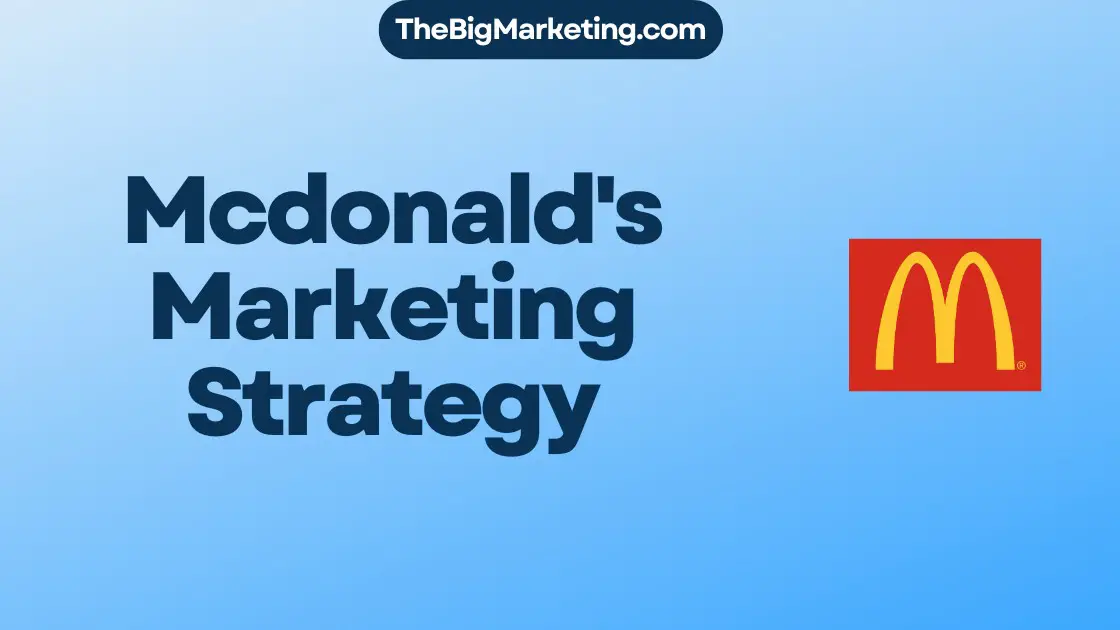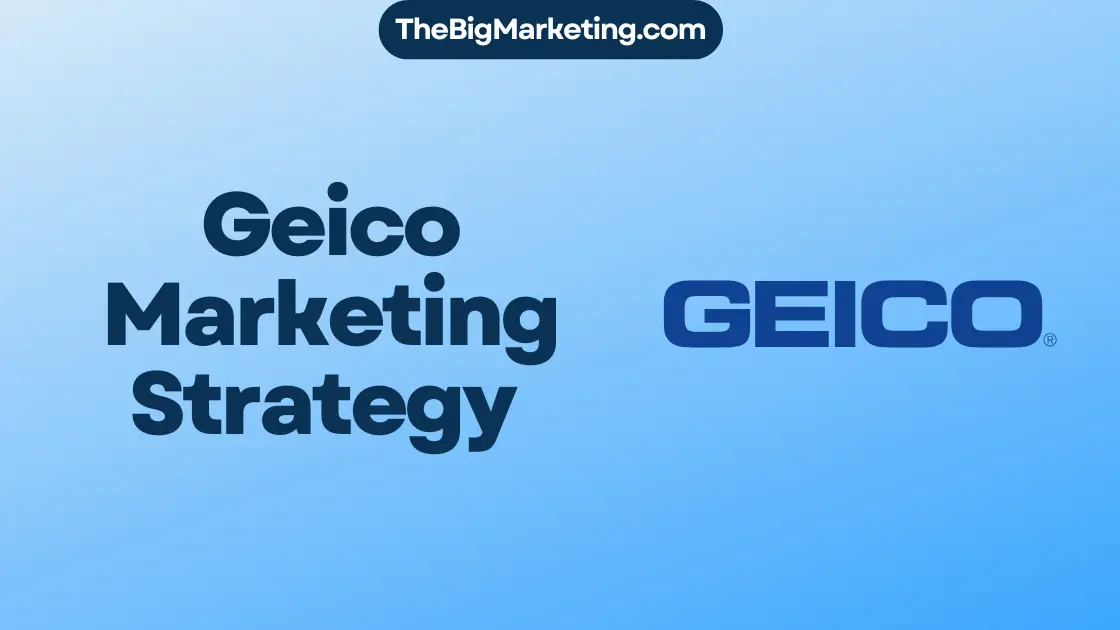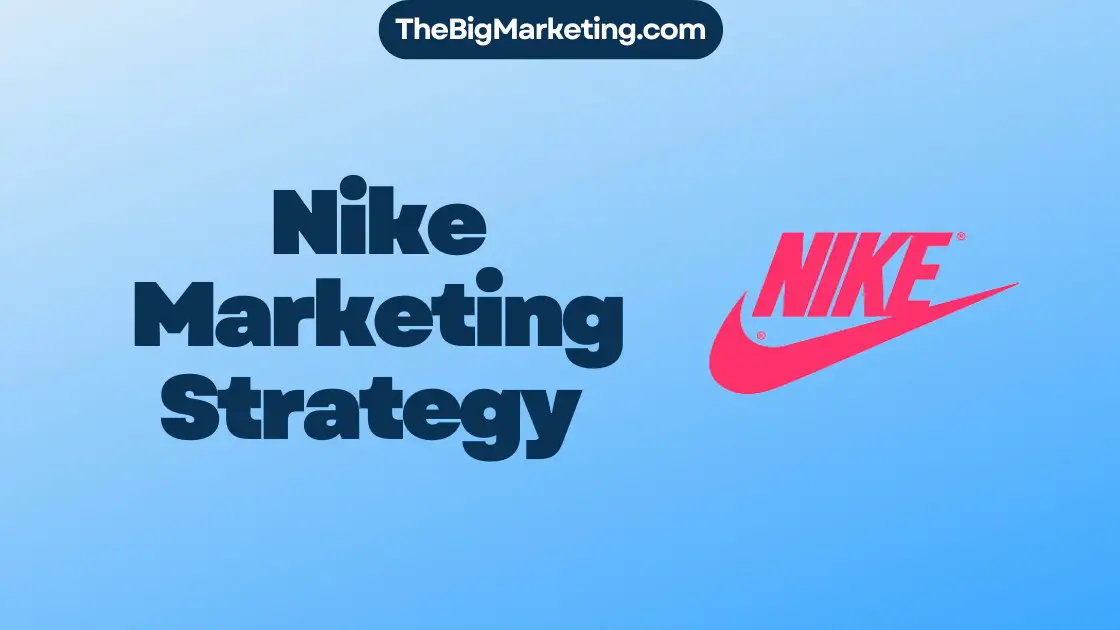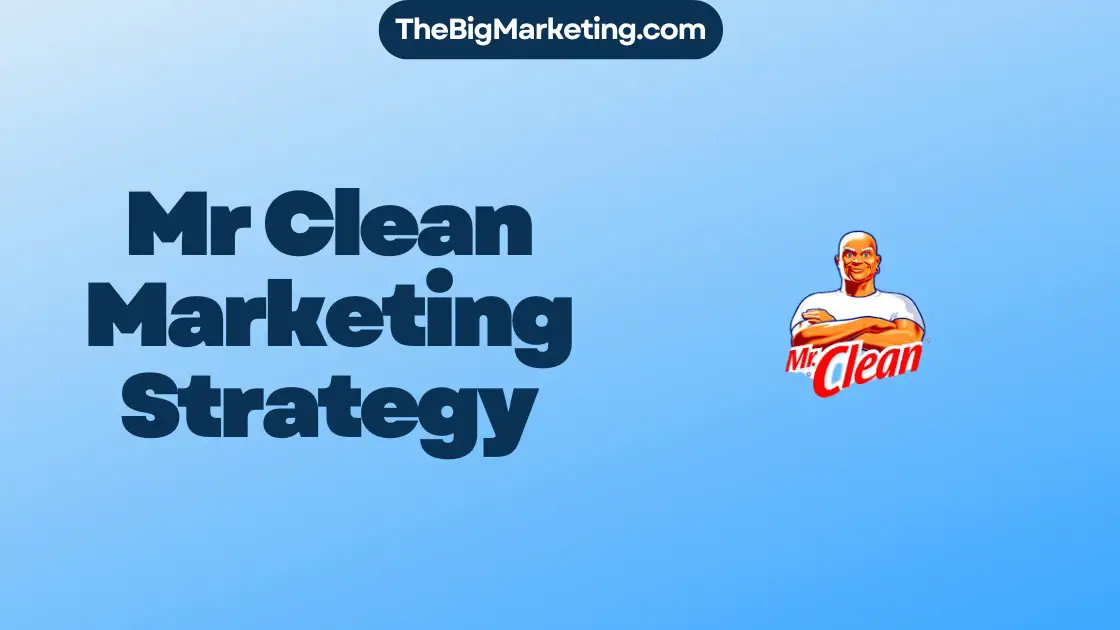In this case study, we will delve into the innovative marketing strategies employed by Yakult, a global brand known for its probiotic drinks. By analyzing Yakult’s approach to brand awareness, marketing campaigns, market positioning, sales strategy, promotional tactics, and digital marketing plan, we can gain valuable insights into how Yakult fortifies its market presence and drives growth.
Key Takeaways:
- Yakult utilizes innovative marketing strategies to strengthen its market presence.
- The brand focuses on brand awareness, market positioning, and digital marketing to engage with consumers.
- Target audience analysis helps Yakult tailor its marketing messages and strategies.
- Yakult’s marketing campaigns emphasize the health benefits of its probiotic drinks.
- The brand employs a comprehensive sales strategy and promotional tactics to drive revenue.
Yakult’s Global Reach and Market Presence
Yakult, a well-established brand, has successfully built a global presence with its probiotic drinks. Operating in 31 countries and territories across five continents, Yakult has a significant market reach, touching the lives of approximately 25 million people every day. The brand’s commitment to delivering health benefits and its effective marketing efforts have contributed to widespread recognition and brand awareness, especially in its home market of Japan.
However, outside of Japan, Yakult faces the challenge of establishing the same level of market positioning and awareness. To analyze Yakult’s marketing strategy effectively, it is essential to understand the brand’s global reach and the competitive landscape it navigates.
Yakult’s Presence Worldwide
Yakult’s global footprint spans diverse regions, allowing the brand to tap into diverse consumer markets and cultural sensitivities. The company’s market presence includes key regions such as:
- North America
- Europe
- Asia-Pacific
- Latin America
- And beyond
Each region presents unique challenges and opportunities for Yakult in terms of market positioning and brand awareness. Understanding the consumer preferences and market trends in each region is crucial for Yakult’s marketing strategy to resonate effectively with local audiences.
Competitive Landscape
Yakult operates in a highly competitive market, where various brands strive to capture consumer attention and loyalty. Competitors in the probiotic beverage industry include:
| Competitor | Market Presence | Key Differentiators |
|---|---|---|
| Brand X | Global | Innovative flavors and packaging |
| Brand Y | North America and Europe | Strong emphasis on health benefits |
| Brand Z | Asia-Pacific | Tapping into local cultural preferences |
Understanding the competitive landscape is vital for Yakult to differentiate itself and effectively position its products in the market. By analyzing the strengths and weaknesses of competitors, Yakult can tailor its marketing strategies to stand out while capitalizing on emerging trends and consumer preferences.
By expanding its global reach and developing a stronger market presence in key regions, Yakult can enhance brand awareness and improve its market positioning. The next sections will delve deeper into Yakult’s target audience analysis, marketing campaigns, sales strategy, promotional tactics, digital marketing plan, market expansion efforts, competitive advantage, and future growth prospects to gain a comprehensive understanding of their overall marketing strategy.
Yakult’s Target Audience Analysis
In order to effectively market their products, Yakult conducts comprehensive target audience analysis. By gaining insights into key demographics, consumer preferences, and purchase behavior, Yakult can develop tailored marketing messages and strategies to connect with their target market. Through this analysis, Yakult aims to position their products as solutions to specific consumer needs, ultimately leading to increased sales and brand loyalty.
Understanding the target audience is a critical component of Yakult’s marketing approach. By identifying the characteristics and motivations of their consumers, Yakult can create targeted campaigns that resonate with their audience. This involves studying factors such as age, gender, lifestyle, and dietary preferences to develop a deep understanding of their customers and their unique needs.
Yakult’s target audience analysis goes beyond demographics. They also examine consumer preferences and behaviors to refine their marketing strategies. This includes understanding the platforms and channels their target audience uses to gather information and make purchasing decisions. By identifying these preferences, Yakult can ensure that their marketing efforts reach their intended audience effectively.
In addition, Yakult’s target audience analysis helps them identify consumer pain points and challenges. By understanding the specific needs and desires of their target market, Yakult can position their products as the ideal solution. This approach allows Yakult to differentiate themselves from competitors and emphasize the unique benefits their probiotic drinks offer.
Yakult’s commitment to target audience analysis contributes to their overall marketing success. Through this process, they can develop personalized marketing messages, determine the most effective channels to reach their audience, and continuously refine their strategies based on consumer feedback and market trends.
Yakult’s Marketing Campaigns
Yakult understands the importance of effective marketing campaigns in promoting its products and connecting with consumers. Through a multi-channel approach, including TV, radio, print media, and digital platforms, Yakult reaches a diverse audience and maximizes brand exposure. One of the key focuses of Yakult’s marketing campaigns is highlighting the health benefits of their probiotic drinks. By emphasizing the positive impact of probiotics on gut health and overall well-being, Yakult establishes itself as a trusted brand in the wellness industry.
Above all, Yakult’s marketing campaigns aim to create a strong brand image that resonates with consumers. Through captivating storytelling and emotional appeal, Yakult fosters a genuine connection with its target audience. By effectively communicating the brand’s values and mission, Yakult builds trust and loyalty among consumers, ultimately driving product demand.
The Power of Effective Storytelling
A key element of Yakult’s marketing campaigns is the use of storytelling to engage with consumers. By weaving compelling narratives, Yakult creates a personal connection and resonates with individuals on a deeper level. Whether it’s sharing stories of individuals who have experienced the positive effects of Yakult’s probiotic drinks or highlighting the brand’s commitment to quality and innovation, storytelling plays a crucial role in captivating consumers’ attention and driving their interest in Yakult’s products.
Digital Marketing Strategies
In line with the evolving marketing landscape, Yakult incorporates digital marketing strategies into its campaigns. From social media marketing to influencer collaborations, Yakult utilizes digital platforms to reach a wider audience and generate online buzz. By leveraging user-generated content and engaging with consumers in real-time, Yakult stays relevant in the digital age and maintains a strong online presence.
Evaluating Campaign Performance
Yakult continuously monitors and analyzes the performance of its marketing campaigns to ensure optimal effectiveness. Key performance indicators such as brand reach, engagement metrics, and sales data are closely tracked and evaluated. This data-driven approach allows Yakult to make informed decisions, optimize campaign strategies, and adapt to changing consumer preferences.
Yakult’s Sales Strategy
Yakult implements a comprehensive sales strategy aimed at driving revenue and increasing market share. Their approach encompasses both direct sales to retailers and indirect sales through distributors, ensuring wide product availability and accessibility.
The sales team at Yakult works closely with retailers to optimize product placement, ensuring that Yakult’s probiotic drinks are easily visible and accessible to consumers. By establishing strong relationships with key stakeholders, Yakult maximizes sales opportunities and maintains a competitive edge in the market.
Through effective communication and collaboration with retailers, Yakult strategically positions its products to target the right demographics. With a deep understanding of consumer preferences and purchasing behavior, they tailor their sales strategy to meet the needs of their target audience, resulting in increased sales and brand loyalty.
In addition to their focus on direct sales, Yakult also leverages distribution partnerships to expand their market reach. By working with reliable distributors, they ensure that their products are available in a wide range of locations, boosting their overall sales potential.
To further enhance their sales strategy, Yakult invests in ongoing market research and analysis. This enables them to identify emerging trends and consumer demands, allowing them to adapt their sales approach and capitalize on new opportunities.
Overall, Yakult’s comprehensive sales strategy, which encompasses direct sales, distribution partnerships, and market research, positions them for continued success and growth in the competitive probiotic beverage industry.
| Sales Strategy Highlights | Benefits |
|---|---|
| Direct sales to retailers |
|
| Indirect sales through distributors |
|
| Market research and analysis |
|
Yakult’s Promotional Tactics
As part of its comprehensive marketing strategy, Yakult employs a range of promotional tactics to generate excitement and encourage consumer engagement. By embracing both traditional and digital marketing techniques, Yakult effectively drives product trials and cultivates brand loyalty among its target audience.
Limited-Time Offers
Yakult entices consumers with limited-time offers that create a sense of urgency and exclusivity. By providing special discounts or promotions for a short period, Yakult encourages potential customers to make a purchase, boosting sales and creating a buzz around their products.
Coupons and Discounts
Yukult offers consumers the opportunity to save money through coupons and discounts. These promotional incentives not only provide financial benefits to customers but also spur repeat purchases and increase brand loyalty. By making Yakult products more accessible and affordable, the brand attracts new customers while retaining existing ones.
Loyalty Programs
Yakult rewards its loyal customers by implementing loyalty programs. By offering exclusive benefits and rewards, such as discounts, personalized offers, or free merchandise, Yakult strengthens the bond between the brand and its customers. These programs incentivize repeat purchases, encourage brand advocacy, and contribute to long-term customer retention.
Sampling Initiatives
To introduce new customers to its products, Yakult conducts sampling initiatives. By providing free samples of its probiotic drinks, Yakult enables potential customers to experience the benefits firsthand. This strategy creates awareness, generates word-of-mouth recommendations, and increases the likelihood of future purchases.
Combining Traditional and Digital Promotion
Yakult leverages both traditional and digital marketing channels to reach a wide audience. Traditional advertising methods such as TV, radio, and print media expose the brand to a broad demographic. Simultaneously, Yakult utilizes digital marketing strategies like social media marketing and influencer collaborations to engage with younger, tech-savvy consumers. By pursuing an omnichannel approach, Yakult maximizes its promotional reach and impact.
In summary, Yakult’s promotional tactics encompass limited-time offers, coupons, loyalty programs, sampling initiatives, and a combination of traditional and digital marketing methods. These strategies effectively attract new customers, foster brand loyalty, and drive sales. By continuously innovating and adapting their promotional strategies, Yakult stays ahead of the competition and maintains a strong market presence.
Yakult’s Digital Marketing Plan
As Yakult continues to grow its global presence and connect with consumers, the brand understands the significance of digital marketing. The Yakult digital marketing plan encompasses a range of strategies that leverage the power of digital platforms to extend brand reach, engage with a wider audience, and generate online buzz around its products.
Social Media Marketing
One key aspect of Yakult’s digital marketing plan is social media marketing. The brand effectively utilizes popular social media platforms such as Facebook, Instagram, and Twitter to interact with consumers, share compelling content, and create brand awareness. Through engaging posts, captivating visuals, and relevant hashtags, Yakult establishes a strong social media presence and fosters meaningful connections with its target audience.
Influencer Collaborations
Yakult also harnesses the power of influencer collaborations to amplify its digital marketing efforts. By partnering with influential individuals who align with the brand’s values and target audience, Yakult can leverage their reach and credibility to promote its products organically. These collaborations help Yakult gain access to new audiences, drive user-generated content, and establish trust and authenticity among consumers.
Content Marketing
Content marketing plays a vital role in Yakult’s digital marketing strategy. The brand focuses on creating and sharing valuable, informative, and engaging content that resonates with its target audience. This includes blog posts, articles, videos, and interactive content that not only educates consumers about the benefits of Yakult’s probiotic drinks but also positions the brand as a trusted source of health and wellness information.
Search Engine Optimization (SEO)
To improve its online visibility, Yakult prioritizes search engine optimization (SEO) techniques. By implementing targeted keywords, optimizing website content, improving page load speed, and enhancing site structure, Yakult ensures that its digital assets rank higher in search engine results pages. This strategic approach to SEO helps Yakult attract organic traffic, increase brand visibility, and drive conversions.
Yakult’s Market Expansion Efforts
To drive growth and increase market share, Yakult is focused on expanding into new markets. The company has developed a comprehensive expansion plan that involves identifying potential markets with high growth potential and tailoring its marketing and distribution strategies accordingly. By closely studying local preferences and market dynamics, Yakult aims to replicate its success in new territories and establish a strong foothold in untapped markets.
Yakult understands that each market is unique, with its own set of challenges and opportunities. To successfully expand, the company conducts thorough market research to identify consumer needs, preferences, and behaviors in each target market. This allows Yakult to tailor its product offerings, marketing messages, and distribution channels to cater to the specific demands of local consumers.
Through its market expansion efforts, Yakult seeks to leverage its existing brand reputation and capitalize on demand for healthy and functional beverages. By introducing its probiotic drinks to new markets, Yakult aims to provide consumers with a valuable health-enhancing product while simultaneously growing its customer base and market share.
In order to establish a strong presence in new markets, Yakult implements targeted marketing campaigns that focus on highlighting the health benefits of its products and educating consumers about the value of probiotics. These campaigns utilize various advertising channels, including TV, radio, print media, and digital platforms, to effectively reach and engage with the target audience.
Furthermore, Yakult collaborates with local distribution partners to ensure efficient and widespread product availability in the new markets. By building strategic partnerships and optimizing its distribution network, Yakult can effectively penetrate new territories and gain traction in untapped markets.
The goal of Yakult’s market expansion efforts is to establish a strong global presence and become a leader in the probiotic beverage industry. By adapting its marketing and distribution strategies to fit the unique characteristics of each market, Yakult aims to meet consumer needs and preferences while simultaneously driving growth and increasing market share.
Yakult’s Competitive Advantage
Yakult has a competitive advantage in the probiotic beverage industry due to several key factors. One of the primary strengths of Yakult is its long-standing brand reputation. With a history dating back to 1935, Yakult has established itself as a trusted and reliable brand among consumers worldwide.
Another significant advantage is Yakult’s extensive global distribution network. Operating in 31 countries and territories across five continents, Yakult has the ability to reach a vast consumer base and penetrate diverse markets.
Yakult’s commitment to innovation is also a crucial factor in maintaining its competitive edge. The brand continually invests in research and development to create new and exciting product offerings that meet consumer demands and preferences.
Furthermore, Yakult’s strong customer loyalty is a testament to its competitive advantage. The brand has successfully cultivated a loyal customer base that appreciates the health benefits and quality of Yakult’s probiotic drinks.
To stay ahead of the competition, Yakult remains proactive in monitoring industry trends and consumer preferences. By staying informed and adapting to changes, Yakult ensures its products remain relevant and appealing to consumers.
Overall, Yakult’s combination of brand reputation, global distribution network, innovative products, customer loyalty, and industry foresight helps the brand maintain a strong competitive position in the probiotic beverage industry.
Yakult’s Future Growth Prospects
With a solid marketing strategy and a strong market position, Yakult is well-positioned for future growth. The brand’s commitment to innovation, expanding into new markets, and adapting to evolving consumer preferences will drive its success in the probiotic beverage industry.
Yakult’s future growth prospects are rooted in its ability to stay agile and responsive to market trends. By closely monitoring consumer needs and preferences, Yakult can identify emerging opportunities and tailor its products and marketing strategies accordingly.
One key aspect of Yakult’s future growth is its focus on innovation. The company invests heavily in research and development to develop new and exciting probiotic products that cater to changing consumer demands. By continuously introducing innovative offerings, Yakult can capture new market segments and maintain its competitive edge.
Expanding into new markets is another avenue for Yakult’s future growth. By identifying markets with high growth potential, Yakult can leverage its brand reputation and distribution network to establish a strong presence. This expansion strategy allows Yakult to tap into untapped markets and diversify its customer base.
In addition, Yakult understands the importance of adapting to evolving consumer preferences. By staying attentive to changing consumer trends, Yakult can anticipate and meet the demands of its target audience. This consumer-centric approach ensures that Yakult’s products remain relevant and appealing, fostering brand loyalty and driving future growth.
Overall, Yakult’s future growth prospects are bright. With its focus on innovation, market expansion, and consumer-driven strategies, Yakult is well-equipped to maintain its position as a global leader in the probiotic beverage industry.
The benefits of Yakult’s future growth prospects include:
- Increased market share
- Expanded customer base
- Enhanced brand recognition
- Extended global reach
The key factors driving Yakult’s future growth prospects are:
- Innovation in product development
- Market expansion into new territories
- Adaptability to changing consumer preferences
- Customer-centric approach
Conclusion
Yakult’s marketing strategy in 2024 demonstrates the brand’s unwavering commitment to strengthening its market presence and fueling growth. By implementing a combination of targeted marketing campaigns, a comprehensive sales strategy, digital marketing initiatives, and market expansion efforts, Yakult aims to elevate brand awareness, engage with consumers, and establish a formidable competitive position. Through our analysis of Yakult’s case study, we gain invaluable insights into effective marketing strategies in the dynamic food and beverage industry.
The case study of Yakult’s marketing strategy in 2024 highlights the company’s proactive approach to reaching its target audience and addressing their needs. By conducting thorough target audience analysis, Yakult tailors its marketing messages and strategies to resonate with specific demographics, consumer preferences, and purchase behavior. This customer-centric approach strengthens Yakult’s appeal and contributes to increased sales and brand loyalty.
Furthermore, Yakult’s use of impactful marketing campaigns, coupled with its strong sales strategy, sets the stage for continued success. Through various promotional tactics and robust digital marketing initiatives, Yakult effectively creates consumer buzz, incentivizes engagement, and expands its brand reach. The brand’s market expansion efforts aim to identify new growth opportunities, enabling Yakult to diversify its market presence and capture untapped markets.
As we conclude this case study, we recognize Yakult’s competitive advantage in the probiotic beverage industry. The brand’s long-standing reputation, extensive global distribution network, innovative product offerings, and loyal customer base position Yakult as a frontrunner in the industry. By prioritizing research and development and staying ahead of market trends, Yakult secures its position as a global leader while anticipating future growth prospects.







